Category: Bilateral, regional and global groupings and agreements – GS2Q
INS TARKASH
20, Jul 2019
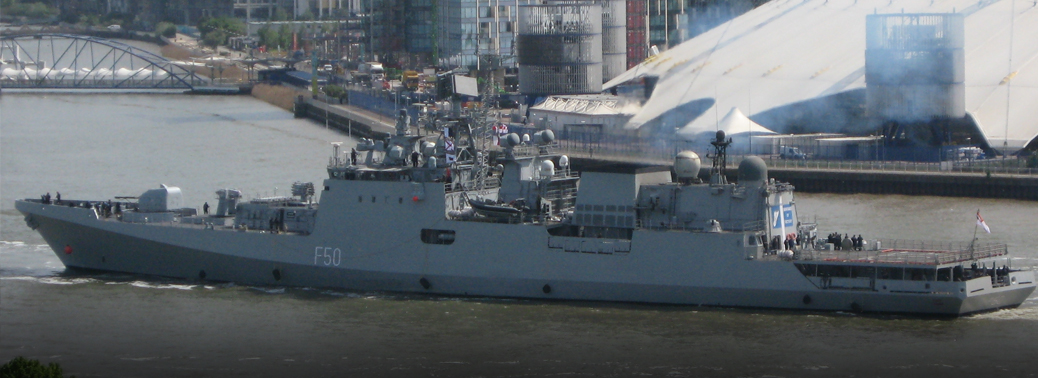
Context:
- INS Tarkash, a frontline warship of the Indian Navy, made a port call at Karlskrona, Sweden
- This marks the first visit of an Indian Naval Ship to Swedish shores after a gap of more than 15 years.
About:
- INS Tarkash (F50) is the second Teg-class frigate constructed for the Indian Navy. She is part of the second batch of Teg-class frigates ordered by the Indian Navy.
- Operation Raahat
- v In March 2015, Tarkash was deployed with INS Mumbai and INS Sumitra as part of Operation Raahat to provide protection and support to Indian ships and aircraft involved in the evacuation of Indian citizens from Yemen during the military intervention.
Indian Navy and Sweden Navy:
- The visit is part of Indian Navy’s mission of building ‘Bridges of Friendship’ and strengthening international cooperation with friendly countries.
- The current visit seeks to underscore India’s peaceful presence and solidarity with friendly countries, thereby allowing both India and Sweden to meet the growing challenges of the maritime environment.
- India and Sweden have had a number of high-level bilateral visits and interactions resulting in a rapid growth in relations across a broad spectrum.
- The two navies have also been regular contributors to the global operations against piracy.
Osaka Declaration
30, Jun 2019
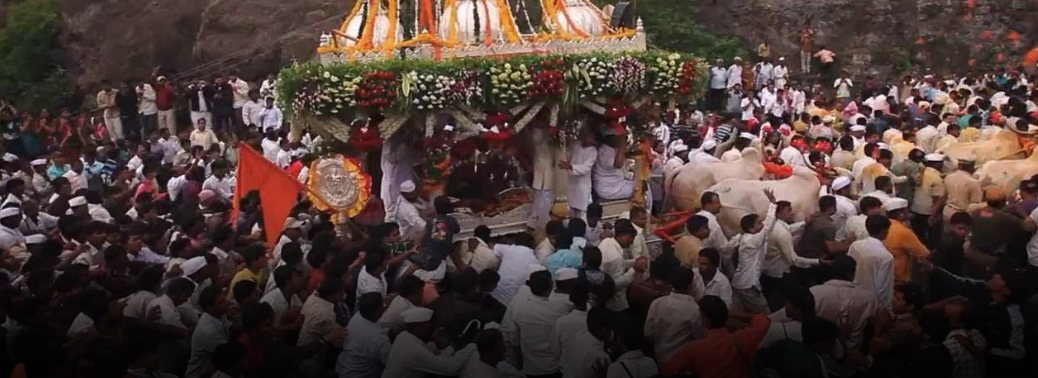
Context– India refused to become a signatory to the Osaka declaration on digital economy.
About–
- It was signed by 24 countries and groupings.
- It was a sign of resistance against developed countries led by the US and Japan, which are pushing for free flow of data across borders.
- It is an overarching framework promoting cross-border data flow with enhanced protections.
- Apart from India, South Africa and Indonesia also stayed away from signing the Osaka declaration.
- The declaration is aimed for the creation of international rules enabling free movement of data across borders.
- India believes that discussions and negotiations pertaining to data should be held within the context of the World Trade Organisation (WTO).
GENERALIZED SYSTEM OF PREFERENCE
26, Jun 2019
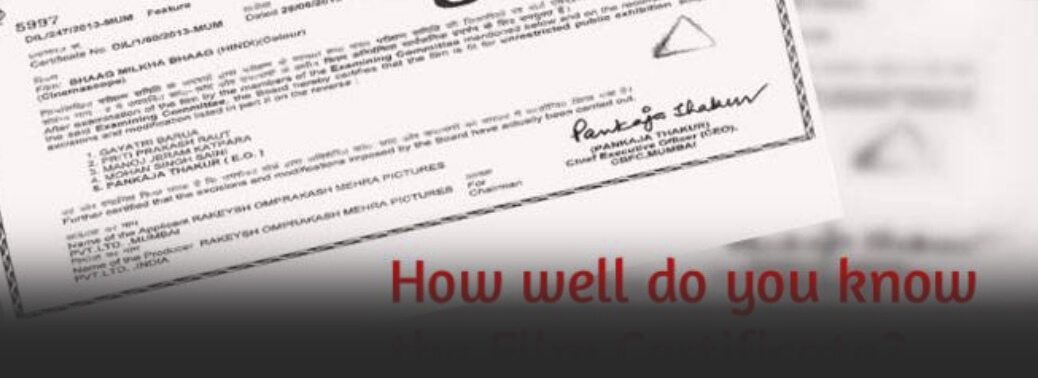
- The Generalized System of Preference (GSP) is the largest and oldest US trade preference programme and is designed to Promote Economic Development by allowing duty-free entry for thousands of products from designated beneficiary countries.
- On March 4, Trump announced that the US intends to terminate India’s designations as a beneficiary developing country under the GSP programme. The 60-day notice period ended on May 3. Under the GSP programme, nearly 2,000 products including auto components and textile materials can enter the US duty-free if the beneficiary developing countries meet the eligibility criteria established by Congress.
- India was the largest beneficiary of the programme in 2017 with USD 5.7 billion in imports to the US given duty-free status and Turkey the fifth largest with USD 1.7 billion in covered imports. The GSP criteria includes, among others, respecting arbitral awards in favour of the US citizens or corporations, combating child labour, respecting internationally recognised worker rights, providing adequate and effective intellectual property protection, and providing the US with equitable and reasonable market access.
DEFENCE POLICY GROUP
26, Jun 2019
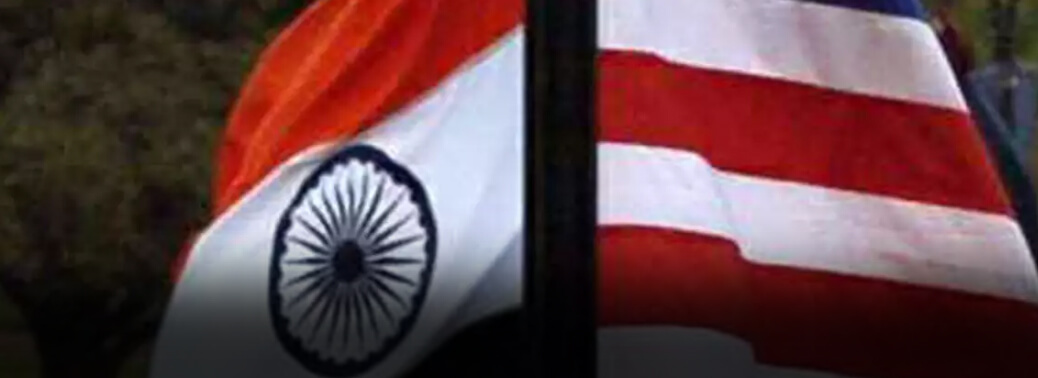
- India and the US are planning to revive the Defense Policy Group (DPG) between the two countries after a four-year gap.
- The last DPG, co-chaired by India’s defense secretary and US Under-secretary of defense for policy, was held in 2015.
- The decision to revive the DPG was taken in the Two-Plus Two meeting between the foreign and defense ministers of the two countries.
- DPG will review the reports of existing sub-groups — Military Cooperation Group, Joint Technology Group, Senior Security Technology Group and the Defense Procurement and Production Group. DPG will also only lay the future roadmap for joint advanced exercises between two countries, and look at the prospect of technological cooperation in building military hardware under Make in India.
GEO-SPATIAL COOPERATION AGREEMENT (BECA)
26, Jun 2019
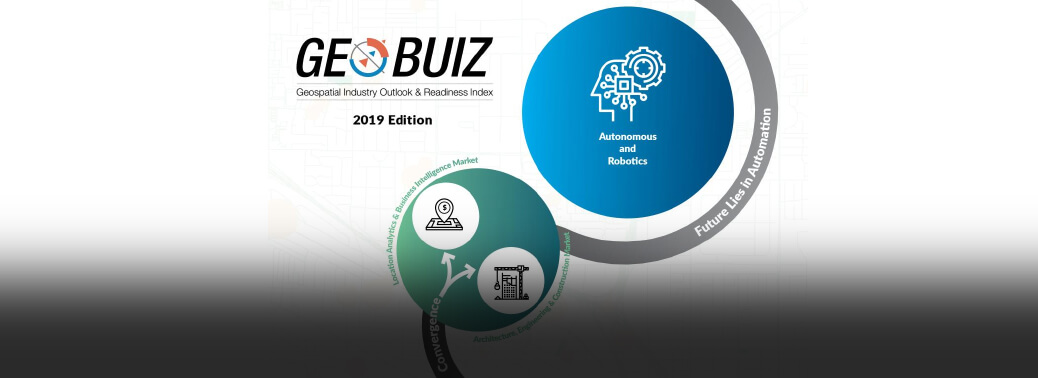
- Basic Exchange and Cooperation Agreement
- BECA will allow India to use US geospatial maps to get pinpoint military accuracy of automated hardware systems and weapons such as cruise and ballistic missiles.
- Along with Communications Compatibility and Security Agreement (COMCASA), and Logistics Exchange Memorandum of Agreement (LEMOA), BECA is one of the foundational military communication agreements between the two countries.
- BECA is an important precursor to India acquiring armed unmanned aerial vehicles such as the Predator-B from the US.
- The Pentagon in 2018 was ready to supply Predator-B, which uses spatial data for accurate strikes on enemy targets, to India.
India, France to Deepen Cooperation
25, Jun 2019
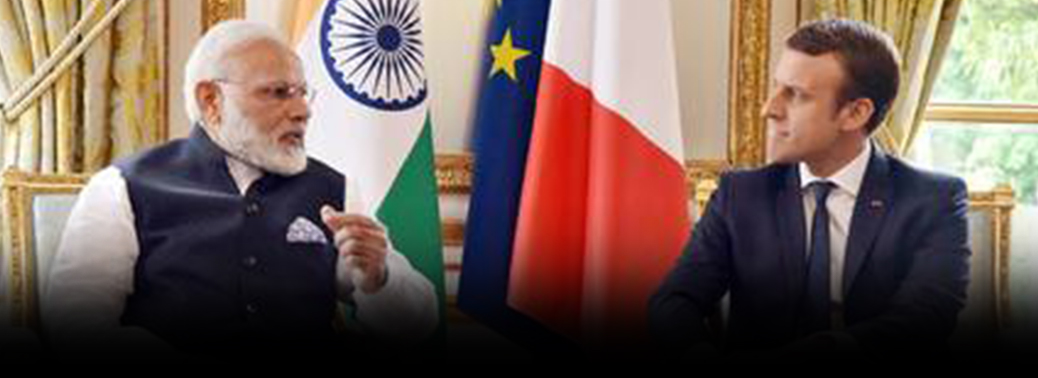
- India and France have decided to deepen cooperation in the cyber security sector.
- They will jointly work towards curbing the use of the Internet for terrorist purposes and online radicalisation.
- The third Indo-French cyber dialogue was held in Paris on 20 June 2019.
- France and India have reaffirmed their commitment to open, reliable, secure, stable and peaceful cyberspace.
Report on International Religious Freedom
24, Jun 2019
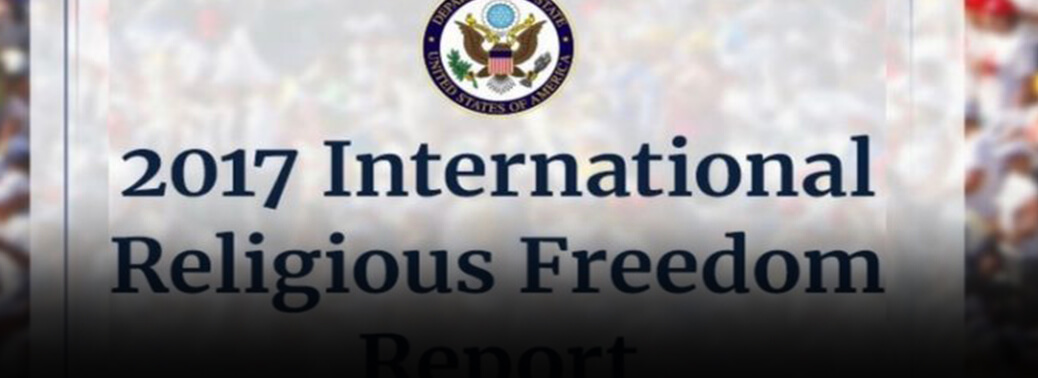
- The International Religious Freedom Report – describes the status of religious freedom in every country.
- The report covers government policies violating religious belief and practices of groups, religious denominations and individuals, and U.S. policies to promote religious freedom around the world.
- The U.S. Department of State submits the reports in accordance with the International Religious Freedom Act of 1998.
Report States that:
- An Annual Report on International religious freedom released by US Secretary of State Pompeo said Hindu groups had used “violence, intimidation, and harassment” against Muslims and low-caste Dalits in 2017 to force a religion-based national identity.
- Groups claiming to protect cows – considered sacred by Hindus – have attacked Muslims and Dalits. Christians have also been targeted for proselytizing since Modi came to power in 2014.
- National Register of Citizenship in north-eastern state Assam, which could land millions of minorities stateless, also got noticed in the report.
- Indian Stand- MEA rejects U.S. report on state of religious freedom in India A foreign govt. has no locus standi to pronounce on the rights of our citizens
India Granted USD15 Million to Niger for holding African Union Summit
23, Jun 2019
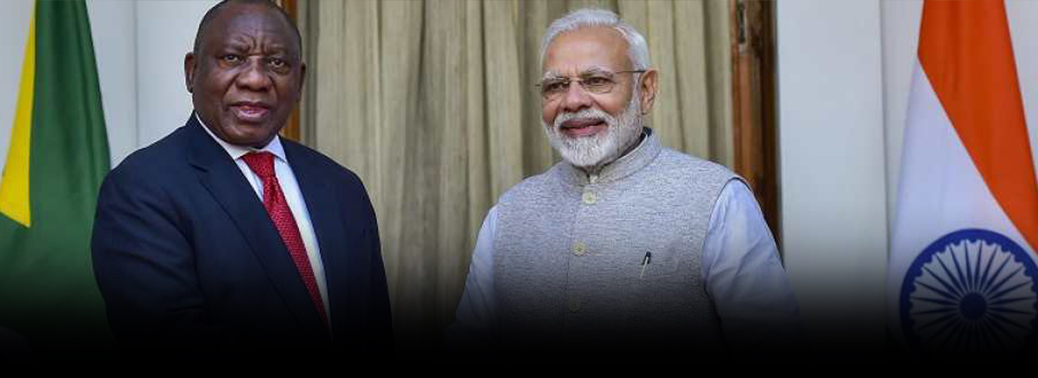
- India has extended USD 15 million assistance to Niger for organising the African Union (AU) summit scheduled to be held in Niamey from July 7-8.
- The support of grant assistance was in response to a specific request made by the Niger government.
- This year, Niger is hosting an AU summit for the first time.
- In this AU summit, the historic African Continental Free Trade Area (AfCFTA) is likely to be launched.
Background:
- Bilateral ties between India and Niger have expanded significantly since the opening of the Indian Resident Diplomatic Mission in Niamey in 2009.
- India has provided Lines of Credit worth USD 96.54 million to Niger for projects in transport, electrification, solar energy, and potable drinking water.
- India is also establishing the Mahatma Gandhi International Convention Centre (MGICC) in Niamey under grant assistance.
UN CONVENTION ON HATE SPEECH
18, Jun 2019
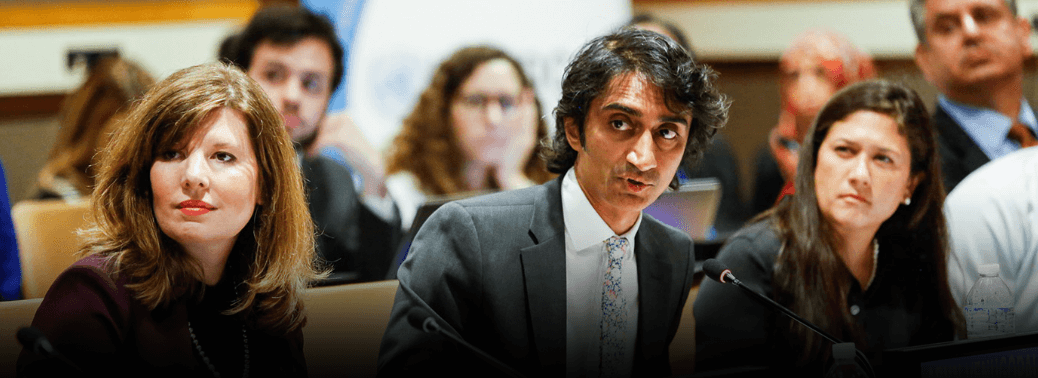
- United Nations (UN) Committee on the Elimination of Racial Discrimination (the CERD) conducts discussion on “Hate Speech” in the context of the International Convention on the Elimination of All Forms of Racial Discrimination (the Convention) to enhance understanding of the causes and consequences of racist hate speech.
- The Universal Declaration of Human Rights both prohibits discrimination and protects freedom of expression. It is well-established in international human rights law that the right to freedom of expression, though not absolute, is a fundamental right which may only be restricted in certain limited circumstances.
- The conditions in which restrictions are allowed are set out in Article 19(3) and 20 of the International Covenant on Civil and Political Rights (ICCPR), as well as numerous regional treaties also ratified by many States parties to the Convention.
SUDAN CRISIS
08, Jun 2019
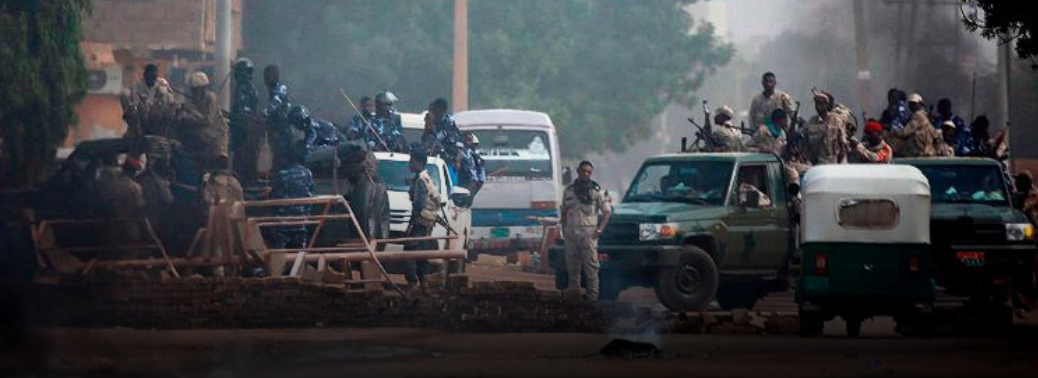
Why in News:
- Sudan is in the midst of a political crisis after security forces opened fire on pro-democracy protesters in the capital, Khartoum.
Background: / More in News:
- When Sudanese dictator Omar al-Bashir was toppled on April 11 after a months-long popular uprising, the generals had two options before them
- One was the Tunisian model in which the army allowed a smooth transition of power to a civilian government after Zine El Abidine Ben Ali was removed from power in 2011.
- The other was the Egyptian model in which the army, after losing power to a civilian ruler following Hosni Mubarak’s ouster as President in 2011, staged a coup in 2013 and reinstalled itself at the helm. Sudanese generals chose the Egyptian Model, setting the stage for a prolonged showdown. The protesters had demanded a transfer of power to a transitional civilian government, followed by free and fair elections. But the generals used the crisis to concentrate more powers in their own hands. Later military generals established a military council which took over governance, while angry protesters continued a sit-in in front of the Defence Ministry in Khartoum.
- As talks between pro-democracy activists and the military rulers collapsed, paramilitary groups unleashed deadly violence this week to break the sit-in, killing at least 100 people and injuring hundreds.
Global Response:
- The US condemned what it called a “brutal attack” and the UK said the military council bore “full responsibility”. The African Union (AU) has suspended Sudan from its membership until a civilian led transitional authority is established.
- However, The UN Security Council couldn’t even condemn the violence as China, backed by Russia, blocked the move. Saudi Arabia and the United Arab Emirates, which offered financial aid to the junta as soon as Mr. Bashir was removed from power, also support the generals.
Impact of Crackdown:
- After the crackdown, General Abdel Fattah al-Burhan, the military ruler, has offered to hold elections in nine months, upturning an earlier plan of a two-year transition. But there is no immediate plan to transfer power to a civilian transitional government, a key demand of the protesters.
Conclusion:
- Military must resume talks with the protesters and facilitate a quick and orderly transition to civilian rule. The choice the generals make will determine the future of Sudan.
Saudi Arabia is sowing division’
01, Jun 2019
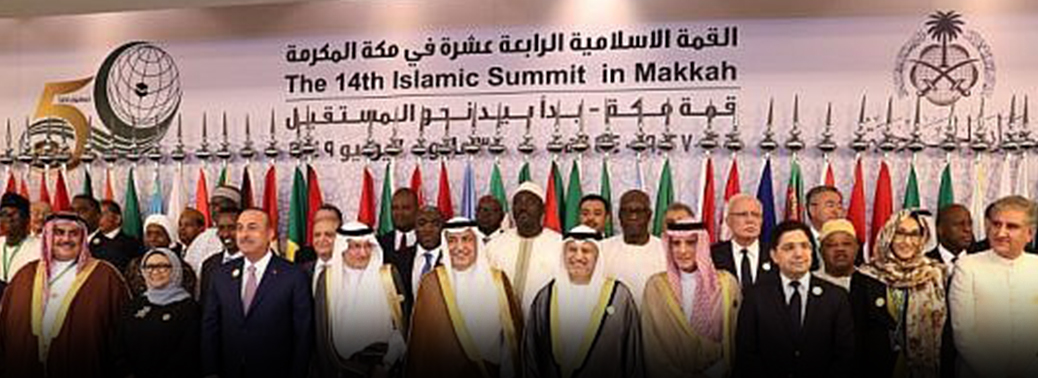
Why in News:
- Tehran accused Riyadh of “sowing division” in the region to Israel’s advantage, after the Kingdom hosted summits of Gulf and Arab leaders to rally support against the Islamic republic.
Details:
- Saudi Arabia has “continued to sow division between Islamic countries and in the region, which is the wish of the Zionist regime,” Foreign Ministry spokesman said.
- Saudi Arabia’s King Salman ratcheted up the rhetoric against arch-rival Iran, calling on Arab states to confront its “criminal” actions after attacks on oil installations sparked fears of a regional conflagration.
- Tehran dismissed the accusation as “laughable” and accused the U.S. of pursuing “evil desires for chaos in the region.”
Oil price:
- The ruler of the world’s top crude exporter said Shia Iran’s development of nuclear and missile capabilities and its threats on world oil supplies posed a risk to regional and global security. Riyadh accused Tehran of ordering the drone strikes. The attacks were claimed by the Iran-aligned Houthi group, which has been battling a Saudi-led military coalition in Yemen for four years. “The Kingdom is keen to preserve the stability and security of the region, to spare it the scourge of war and to realise peace and stability,”
Nuclear deal:
- Tensions have risen between the U.S. and Iran after President Donald Trump a year ago withdrew Washington from a 2015 international nuclear deal with Iran, re-imposed sanctions and boosted its military presence in the Gulf. The final communiqué said regional stability required the establishment of an independent Palestinian state along 1967 borders to include Gaza, the West Bank and East Jerusalem.
U.S. to hit Mexico with tariffs over migration
01, Jun 2019

Why in news
- Washington will impose a 5% tariff on all goods from Mexico — increasing to as much as 25% — until “illegal migrants” stop coming through the country into the U.S., President Donald Trump said.
Details:
- The Tariff will gradually increase until the Illegal Immigration problem is remedied, at which time the Tariffs will be removed,” Tariffs will permanently remain at the 25% level unless and until Mexico substantially stops the illegal inflow of aliens coming through its territory,” the statement said. The tariffs would have severe consequences on Mexico, which sends 80% of its exports to the U.S.
Mexico’s response
- Mexican President Andrés Manuel López Obrador struck a conciliatory tone in a letter to Mr. Trump following the tariff announcement. “I express to you that I don’t want confrontation,” The announcement came a day after border agents in El Paso, Texas detained the largest single group of migrants they had ever encountered — 1,036 people.
Recent Cases of Migration
- Syria is focal point of ‘global refugee crises’. Lot of people migrate from the country. People crossing Mediterranean Sea from Libya to Italy.
- Rohingya Muslims in Myanmar fleeing to Bangladesh and India. Thousands of Dominicans and Stateless in Caribbean.
Drawbacks
- It is often seen that immigrants are exploited for their cheap labour.
- Developing countries may suffer ‘Brain Drain’ as the limited resources they spend in educating their students would amount to very little if that talent gets enticed to another country. Immigration also attracts criminal elements from drug and people traffickers to other forms of crime and corruption. Immigration sometimes also becomes social or political issue; racism is used to exploit feelings or as an excuse for current woes of the local population.
N. Korea fires missiles as U.S. envoy visits Seoul
10, May 2019

Why in news
- North Korea fired two short-range missiles, the South’s military said, less than a week after its leader, Kim Jong-un, oversaw the test-firing of multiple rockets and a missile
Details:
- The launches came as U.S. special envoy for North Korea Stephen Biegun was in Seoul for talks with Foreign Minister Kang Kyung-wha and his counterpart, nuclear envoy Lee Do-hoon.
- South Korea’s President said the tests seemed to be a protest by the North after Mr. Kim and U.S. President Donald Trump failed to reach agreement on the North’s nuclear weapons and missile arsenal at a February summit. “North Korea seemed to be discontented it could not reach a deal in Hanoi,
- The two missiles were fired from the northwest area of Kusong, in an easterly direction, They covered distances of 420 km and 270 km and reached an altitude of about 50 km before falling into the sea,
- South Korea’s presidential Blue House called the missile launches “very worrisome” and unhelpful for efforts to reduce tensions on the peninsula and improve Korean relations.
- even if the missiles were short range, they could still violate UN resolutions barring North Korea from developing its ballistic missile force.
About Missile Test Objective:
- The purpose of drill was to test operating ability and accuracy of multiple rocket launchers and tactical guided weapons and also to increase country’s combat ability. This could be North Korea first short range missile launch after more than a year since it is in talk with US for nuclear disarmament
- Pressure tactics of test: The attempt seeks to put pressure on US in aftermath of deadlocked nuclear talks between leader Kim Jong-un and US President Trump in their second meeting held at Vietnam.
- Importance for US: As US heads into 2020 presidential election, this move by North Korea may threaten signature diplomatic initiative by President Trump depriving him of opportunity to declare that he brought peace with Island Nation (which his predecessors failed). But, in reality peace never got very far as even suspension of all nuclear and missile testing hangs in balance. As per USA’s intelligence agencies report to Congress North Korea in 2018 produced more nuclear material and fabricating an unknown quantity of it into new weapons.
Loud and clear: on India-U.S. discord on market access
10, May 2019
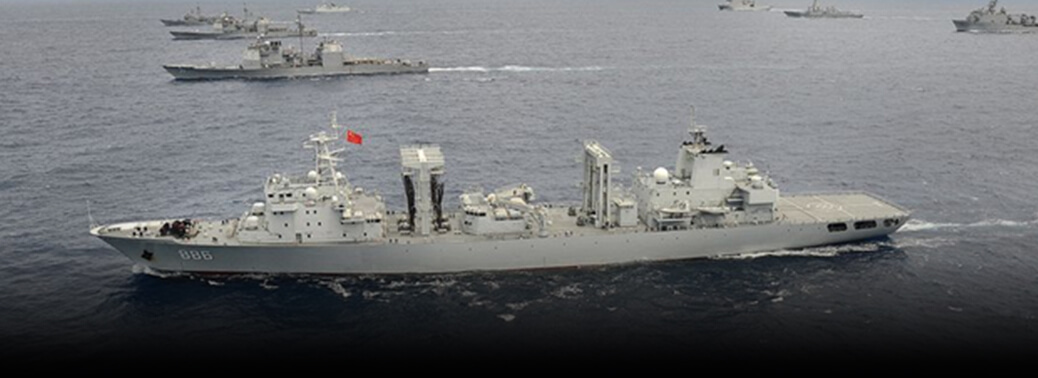
Why in news
- New Delhi must snap out of its denial on the discord with the U.S. on market access
Details:
- U.S. Commerce Secretary Wilbur Ross lashed out at what he called India’s unfair trade practices and “overly restrictive market access barriers”. His comments followed a series of measures by the U.S. that have affected India.
- These include a refusal to revoke or waive tariff increases made last year on steel and aluminium, an ultimatum that India “zero out” oil imports from Iran even without securing comparable alternatives, and the decision to withdraw India’s GSP (Generalised System of Preferences) trade status.
- India is a “tariff king”, and threatened India with “consequences” if it responded to U.S. tariffs with counter-tariffs,
- New Delhi and Washington need to make a more determined attempt to sort out issues, starting from scratch if required, with tariffs.
- While the 50-60% duties on motorcycles and cars and 150% duties on American liquor that India imposes need a second look, the U.S. must see that average tariffs imposed by India (13.8%) are not much higher than those levied by economies such as South Korea and Brazil.
- In addition, the government will need to revisit some of its decisions like data localisation requirements and new e-commerce regulations, which were declared suddenly, while the U.S. must show some flexibility on India’s price caps on coronary stents and other medical devices
- The U.S. must understand the cultural differences over the labelling of non-vegetarian dairy products
- New Delhi will have to work closely with other countries to build alternative financial structures to avoid U.S. sanctions.
Why the United States matters to India?
- America remains the critical stabilizing force in Asia through its military and diplomatic power projection and commitments to the region
- India will be better able to protect its national interests in Pakistan and Afghanistan in coordination with the United States.
- The United States has also remained one of the top sources of foreign direct investment in India, bringing important managerial expertise, capital, and technology with it to the dynamic Indian market.
U.S. THREATENS TO IMPOSE MORE SANCTIONS ON IRAN
09, May 2019
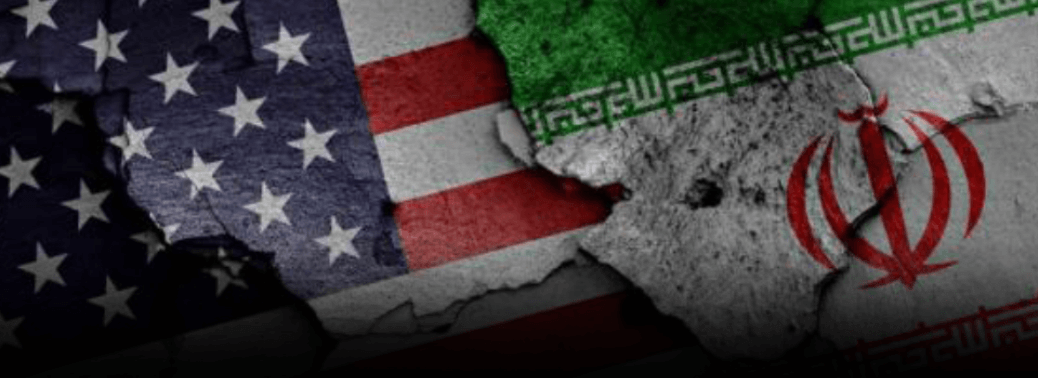
Why in News:
- USA advises European countries against doing business with Tehran; Russia, China reiterate opposition to punitive steps
Details:
- The U.S. threatened to impose more sanctions on Iran “very soon” and warned Europe against doing business with Tehran via a system of non-dollar trade to circumvent U.S. sanctions.
- It is the time for the community of nations to strongly condemn Iran’s nuclear misconduct and increase pressure on the regime to comply with U.S. demands,” US said, adding that Washington was not “done” with sanctions on Iran. “
Special Purpose Vehicle
- U.S. would move quickly against any attempt by European countries to undermine Washington’s sanctions pressure on Iran
- US advised them against using the so-called Special Purpose Vehicle to facilitate non-dollar trade to get around U.S. sanctions.
- Washington’s European allies opposed Mr. Trump’s decision to withdraw from the agreement and have failed so far to find ways to blunt the economic impact of new U.S. sanctions, which include an all-out effort to block Iran’s oil exports to starve its economy.
- Russia remained committed to the Iran nuclear deal and denounced “unreasonable pressure” that led Tehran to suspend some of its commitments under the agreement.
- China called on all parties to uphold the nuclear pact. “Maintaining and implementing the comprehensive agreement is the shared responsibility of all parties
US-Iran Relations:
- United States and Iran established diplomatic relations in 1883.
- US-Iran wasn’t very complex before World War II, but it soon turned chaotic when the US’s CIA helped stage a coup to overthrow Iranian Prime Minister Mohammad Mossadegh in 1953. Later after several years the US offered Iran a nuclear reactor and weapons-grade nuclear fuel in 1967
- Once again, the diplomatic crisis erupted in 1988, When a US Navy ship was shot down an Iranian passenger plane, killing 290 people who were onboard.
- Hassan Rouhani was elected president in Iran. US-Iran Nuclear Deal was signed.
- US President Donald Trump pulled the U.S. out of the deal in 2018 and gets ready to impose sanctions over its nuclear program and claims the country is supporting militant groups in the gulf.
TAKING TENSIONS SERIOUSLY: INDIA AND THE U.S.
09, May 2019
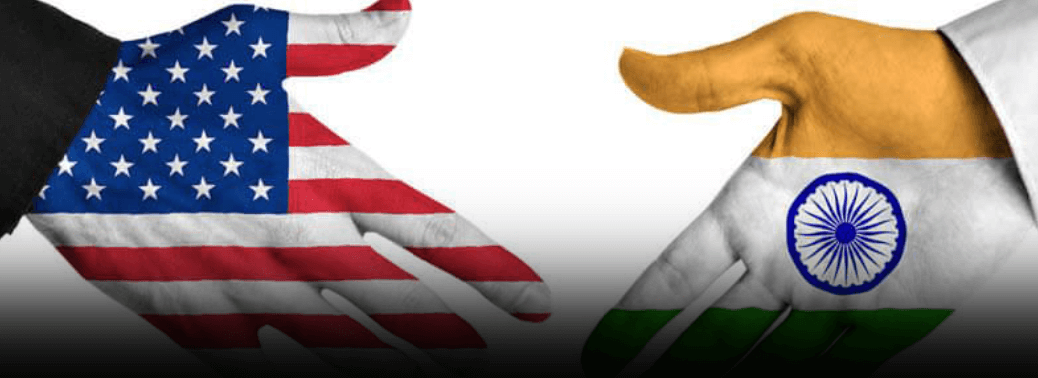
Why in News:
- A true strategic partnership remains elusive between India and the U.S.
Details:
- The U.S.’s decision to not extend Iran sanctions waivers, including the one provided to India, has notable implications for India-
- U.S. relations, given the importance of New
- Delhi’s energy relationship with Tehran.
- It comes on the heels of many other deleterious developments for bilateral ties including the U.S.’s decision to withdraw GSP benefits for Indian exports and the Trump administration’s discontent deepening over India’s policies on e-commerce, intellectual property rights and data localisation.
- the non-security dimension of the relationship has long lagged behind the fast-growing defence side. India will scale up oil imports from other top producers; the GSP withdrawal will have minimal impact on India’s economy; the two capitals are working actively on high levels, most recently through the U.S.-India CEO Forum and the India-U.S. Commercial Dialogue, to ease tensions; and above all the strength of the bilateral relationship can easily withstand all these headaches.
- India-U.S. relations extend well beyond security.
- joint statements have dwelt on the potential for cooperation on initiatives ranging from clean energy to innovation. And despite the problems, bilateral trade in goods and services has increased over the last decade
India-USA: Five Pillars of Strategic Partnership
- Strategic Issues
- Energy and Climate
- Change Science and Technology
- Health and Innovation Education and Development
Why the United States matters to India?
- America remains the critical stabilizing force in Asia through its military and diplomatic power projection and commitments to the region
- India will be better able to protect its national interests in Pakistan and Afghanistan in coordination with the United States.
- The United States has also remained one of the top sources of foreign direct investment in India, bringing important managerial expertise, capital, and technology with it to the dynamic Indian market.






